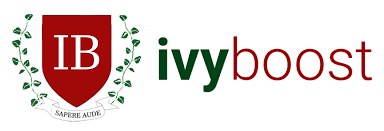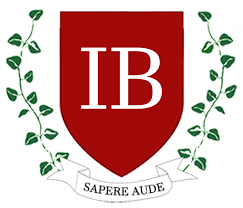Expressing Identity in the Common App Prompts
by Albert Leo
Now that you’ve started looking at the prompts for the Common App, you can already see how they’re so intentionally broad, that it would be hard for me to cover all of it in just one blog post. We’ll try to tackle part of the first prompt here.
- Some students have a background, identity, interest, or talent that is so meaningful they believe their application would be incomplete without it. If this sounds like you, then please share your story.
Theater kid. Jock. Emo. Nerd. Hypebeast.
These are some of the prototypical identities that people might expect from high schoolers. You might identify with some of these, though there are obviously plenty more.
That’s the thing about identities, they can be diverse and broadly applied, or articulated to oddly specific and personal niches. Am I an American, or an Asian American, or a Guamanian Filipino American?
Identities are so ingrained into our understanding of ourselves and each other, we will fight each other over our political identities. Or in other cases, a New Yorker might fight over whether to root for the Yankees and Mets, similarly to how a superhero fan will fight over the Marvel vs DC film universes.
Finding SOME kind of identity shouldn’t be too hard. We all have them. However, some identities might be more important to you than others.
I would try to approach writing about identities by being as specific and niche as possible. For example, if you’re part of a bird-watching club that goes out on walks to identify birds in their natural habitat, that’s not as typical an identity compared to someone who joins a basketball team.
Some identities we form and choose, and others we are born into. Neither is necessarily better than the other. However, what you do have to take into mind is how this identity is so meaningful that it shapes your thoughts, your attitudes, and your actions. With action, we can pull concrete examples into an essay. You can’t just tell the admissions committee you’re a good student or that you have scoliosis. Perhaps instead, lean into the fact that you’re a nerd that creates tabletop RPGs that include disabled characters, that’s kind of cool.
If your identity is about being Asian when there are millions of other Asians, perhaps you should be more specific. One of my students for example was Indian American, but her parents came from a specific region in West India who identified as Saurashtrian. Even though she lived in the Bay Area that had a huge Indian American community that had Indian grocery stores and Indian movies playing at the local theater, she still felt out of place, always thinking she had to fit in a ‘North’ or ‘South’ box from her peers.
Because Saurashtrians were too sparsely populated throughout North America to have large communities, she found a way to reconnect with her culture and ethnic identity by seeking and building an online Saurashtrian community.
In another example, maybe you identify with being LGBT. While no doubt an important component in some peoples’ lives, this topic can be written both badly and well.
Perhaps a compelling topic 10 years ago, writing about coming out might not be unique especially if your experiences weren’t challenging or follows too similarly to other stories. That’s not to say you can’t write about those experiences if that identity is still important to you, just be aware that you must bring your unique take and personal touch to the story.
The main thing to remember is to find an identity that you care about. If you’re a narwhal, and you don’t think there’s anything special about eating squid all day, maybe you take pride in your tusk, or the fact that you’re not quite like a whale or dolphin. There’s bound to be other identities you can be excited to write about.


